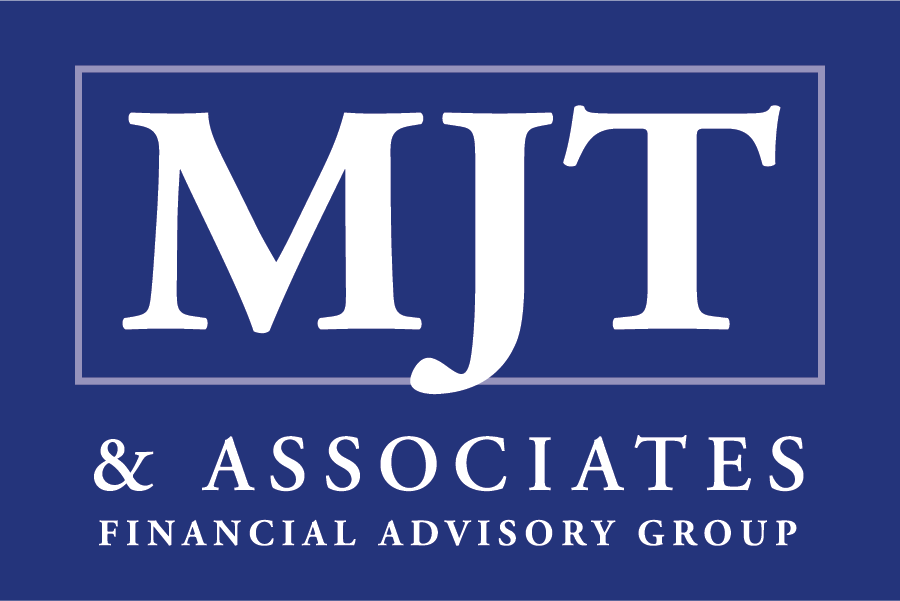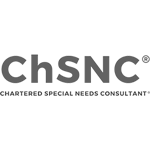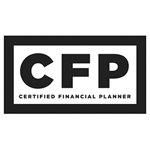Are you looking for effective strategies to save money on your business taxes? Look no further! In this article, we will provide you with expert business tax planning strategies that are guaranteed to boost your bottom line. By implementing these strategies, you can potentially save a significant amount of money and maximize your profits.
Tax planning is an essential aspect of running a successful business. It involves analyzing your financial situation, taking advantage of tax deductions, and implementing effective strategies to minimize your tax liability. With the right approach, you can legally reduce your tax burden and put more money back into your business.
Our team of tax experts has extensive experience in helping businesses save money on their taxes. In this article, we will share their insider tips and proven strategies that will help you optimize your tax planning process. From maximizing deductions to exploring tax credits and incentives, we cover it all.
Don't let high taxes eat into your profits. Read on to discover the expert business tax planning strategies that will save you money and improve your bottom line.
The Importance of Business Tax Planning
Tax planning is not just about filling out forms at the end of the year. It is a proactive approach to managing your business finances and minimizing your tax liability. By strategically planning your taxes throughout the year, you can ensure that you are taking full advantage of available deductions and credits, ultimately saving money and boosting your bottom line.
One of the key benefits of business tax planning is the ability to maximize deductions. By carefully analyzing your expenses and identifying deductible items, you can reduce your taxable income and lower your overall tax bill. Common deductions for businesses include office rent, utilities, employee salaries, and professional services fees. By tracking and documenting these expenses, you can ensure that you are not leaving any money on the table.
Another important aspect of tax planning is understanding tax laws and regulations. Tax laws are constantly changing, and it is crucial for business owners to stay up to date with the latest changes that may impact their tax liability. By understanding the intricacies of tax laws, you can make informed decisions that will minimize your tax burden and maximize your savings.
Leveraging tax-deferred retirement accounts is another effective tax planning strategy. Contributing to retirement accounts such as a 401(k) or an Individual Retirement Account (IRA) can provide you with immediate tax benefits. These contributions are tax-deductible, meaning that they can reduce your taxable income and lower your overall tax liability. Additionally, the funds in these accounts grow tax-free until they are withdrawn during retirement.
Key Tax Planning Strategies for Businesses
Now that you understand the importance of tax planning, let's dive into some key strategies that can help you save money on your business taxes. These strategies are tried and tested by our team of tax experts, and they have helped numerous businesses optimize their tax planning process.
Maximizing Deductions and Credits
One of the most effective ways to save money on your business taxes is by maximizing deductions and credits. As mentioned earlier, deductions can significantly reduce your taxable income, while credits provide a dollar-for-dollar reduction in your tax liability. By taking advantage of every available deduction and credit, you can lower your tax bill and keep more money in your pocket.
To maximize deductions, it is essential to keep detailed records of your business expenses. This includes receipts, invoices, and any other documentation that proves the legitimacy of the expense. By maintaining organized records, you can easily identify deductible expenses and provide supporting evidence in case of an audit.
In addition to deductions, exploring tax credits can further reduce your tax liability. Tax credits are incentives offered by the government to encourage specific business activities, such as hiring veterans or investing in renewable energy. By researching and understanding the available tax credits, you can identify opportunities to reduce your tax burden and save money.
Understanding Tax Laws and Regulations
Tax laws and regulations can be complex and ever-changing. It is crucial for business owners to stay informed and understand how these laws can impact their tax liability. By staying up to date with the latest tax regulations, you can make informed decisions that will minimize your tax burden and maximize your savings.
One way to stay informed is to work with a qualified tax professional. Tax professionals specialize in understanding and navigating the complexities of tax laws. They can provide expert advice tailored to your specific business needs, ensuring that you are in compliance with all tax regulations while taking advantage of available deductions and credits.
Leveraging Tax-Deferred Retirement Accounts
Contributing to tax-deferred retirement accounts is not only a smart financial move for your future, but it can also provide immediate tax benefits. By contributing to retirement accounts such as a 401(k) or an Individual Retirement Account (IRA), you can reduce your taxable income and lower your overall tax liability.
The contributions made to these retirement accounts are tax-deductible, meaning that they are subtracted from your taxable income. This reduces the amount of income subject to taxation, ultimately lowering your tax bill. Additionally, the funds in these accounts grow tax-free until they are withdrawn during retirement, providing you with additional long-term tax advantages.
Taking Advantage of Business Tax Incentives
In addition to deductions and credits, there are various tax incentives available to businesses. These incentives are designed to encourage specific business activities that benefit the economy or the community. By taking advantage of these incentives, you can reduce your tax burden and save money while contributing to the growth and development of your business.
Common business tax incentives include research and development credits, energy-efficient equipment deductions, and hiring incentives for certain groups of workers. By researching and understanding the available incentives, you can identify opportunities to save money on your taxes and improve your bottom line.
Hiring a Tax Professional for Expert Advice
Tax planning can be a complex and time-consuming process. It requires a deep understanding of tax laws and regulations, as well as the ability to analyze financial data and identify opportunities for savings. Hiring a qualified tax professional can provide you with the expertise and guidance needed to optimize your tax planning process.
A tax professional can help you navigate the complexities of tax laws and regulations, ensuring that you are in compliance with all requirements while maximizing your savings. They can analyze your financial situation, identify potential deductions and credits, and provide personalized advice tailored to your specific business needs.
Implementing Tax Planning Throughout the Year
Tax planning is not a one-time event that happens at the end of the year. It is an ongoing process that requires regular attention and monitoring. By implementing tax planning strategies throughout the year, you can ensure that you are taking advantage of all available opportunities to save money on your business taxes.
One way to implement tax planning throughout the year is to maintain organized records of your business expenses. This includes keeping track of receipts, invoices, and other documentation that proves the legitimacy of the expense. By staying organized, you can easily identify deductible expenses and provide supporting evidence in case of an audit.
Another important aspect of year-round tax planning is staying informed about changes in tax laws and regulations. Tax laws are constantly evolving, and it is crucial to stay up to date with the latest developments that may impact your tax liability. This includes changes in tax rates, deductions, credits, and reporting requirements. By staying informed, you can make informed decisions that will maximize your savings and minimize your tax burden.
Conclusion: Saving Money Through Effective Tax Planning
Effective tax planning is a crucial aspect of running a successful business. By implementing expert tax planning strategies, you can legally reduce your tax burden and save money that can be reinvested into your business. From maximizing deductions and credits to understanding tax laws and regulations, each strategy plays a vital role in optimizing your tax planning process.
Remember, tax planning is not a one-time event but an ongoing process that requires regular attention and monitoring. By staying informed about changes in tax laws and regulations and working with a qualified tax professional, you can ensure that you are taking full advantage of available opportunities to save money on your business taxes.
Don't let high taxes eat into your profits. Start implementing these expert tax planning strategies today and boost your bottom line. Your business and your bank account will thank you.
Remember, the key to effective tax planning is staying informed, organizing your financial records, and seeking expert advice when needed. By implementing these strategies, you can save money on your business taxes and maximize your profits. Start optimizing your tax planning process today and watch your bottom line soar.











